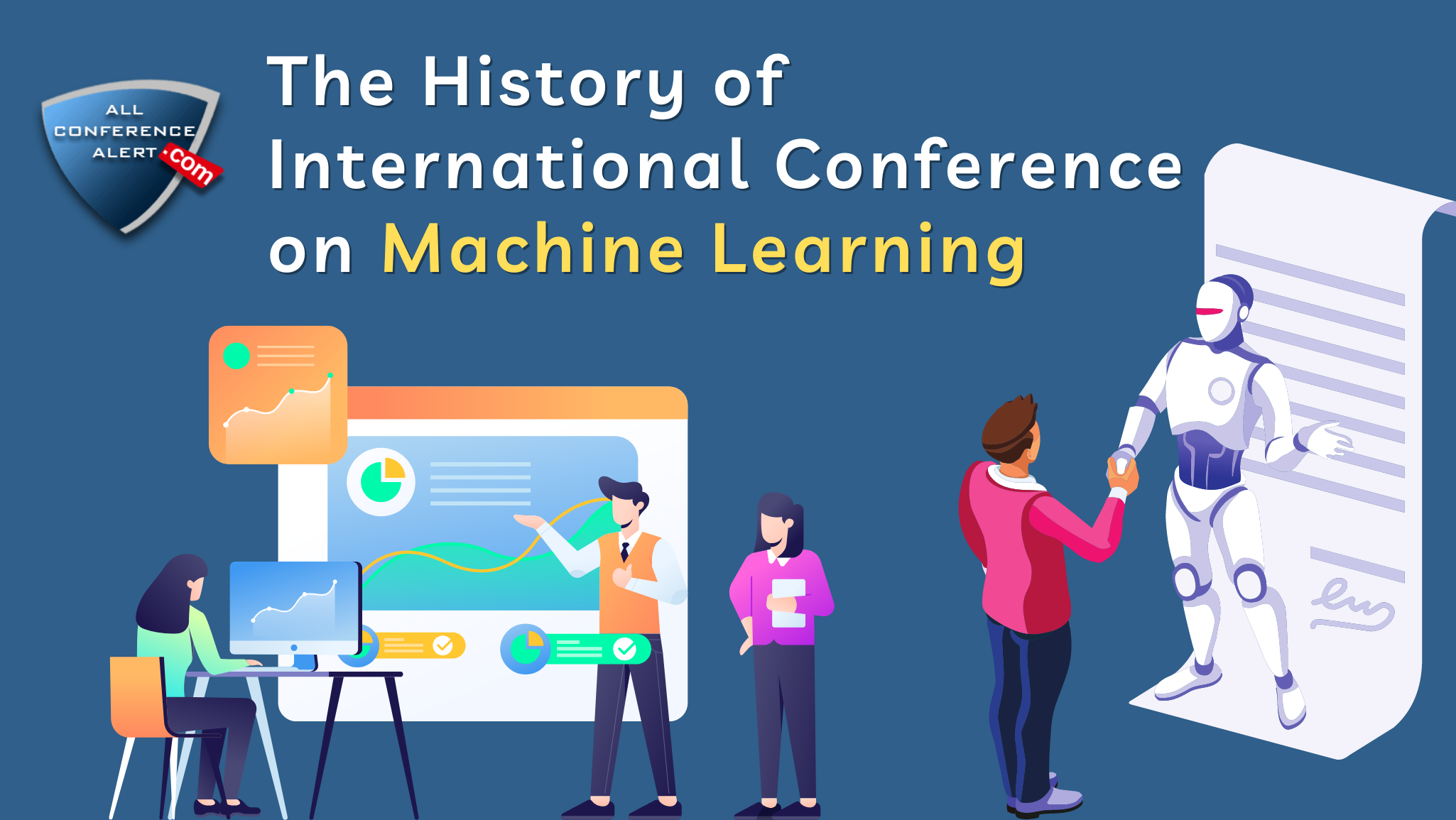The International Conference on Machine Learning (ICML) is one of the premier conferences on machine learning. Researchers from all over the globe attend this conference to learn about new machine learning techniques. The conference is also a great opportunity to network with other researchers in the field. While the focus of ICML is on machine learning, the conference also explores related fields such as artificial intelligence, data mining, and statistical learning.

This conference is well-known for its high-quality papers, keynote speeches, and plenary sessions. The conference attracts top researchers from around the globe. Because of its high impact factor, the conference is highly valued by the scientific community.
Machine Learning Conference and the History
Machine learning conferences are a great way for machine learning professionals to share their latest innovations and ideas, as well as discuss the challenges and opportunities in the industry.
Dartmouth College in New Hampshire hosted the first machine-learning conference in 1956. It was also known as the Dartmouth Summer Research Project on Artificial Intelligence.
Since then, many more conferences have been held around the world to discuss different topics.
– Machine Learning
– Neural Networks
– Deep Learning
– Natural Language Processing
– Robotics
Read: What are the best machine learning conferences?
Who is the founder of machine learning?
In recent years, machine learning has become increasingly popular, with a wide range of applications in fields such as computer vision and natural language processing. But who is the founder of this field? One of the most well-known pioneers of machine learning is Alan Turing, who developed the Turing test as a way of determining whether a machine could exhibit intelligent behavior.
However, Turing’s work was theoretical, and it was not until the 1950s that machine learning was developed as a practical field. The founder of machine learning as a practical field was Frank Rosenblatt, who developed the first neural network algorithm, known as the Perceptron.
Rosenblatt’s work was influential in the development of artificial intelligence, as it showed that computers could be used to simulate the workings of the human brain. Today, machine learning is an active area of research, with many approaches being developed. The field would not have been possible without the former work of Alan Turing and Frank Rosenblatt.
What was the first example of machine learning?
While there are many answers to this question, it is believed that the Perceptron was the first machine learning device. Frank Rosenblatt invented the Perceptron in 1950. It simulated the brain’s workings. The Perceptron was able to learn from experience and recognize patterns in data. The Perceptron was a pioneer in the development of modern machine learning algorithms.
Why machine learning is the future?
Machine learning has the potential to replace many of the manual tasks that are currently being performed by humans. It can automatically detect cancer in medical images, process customer support requests, and predict the demand for products. Machine learning excels at tasks that are more difficult to program with traditional methods. This includes recognizing objects in photos and videos, translating text between languages, and translating text. T
he reason machine learning is so powerful is that it can learn from data that is too large or too complex for humans to analyze. The second reason is that machine learning algorithms can improve on their own over time as they are exposed to more data. Machine learning is becoming more accessible to non-experts as special purpose hardware and software become available. So the future is machine learning.